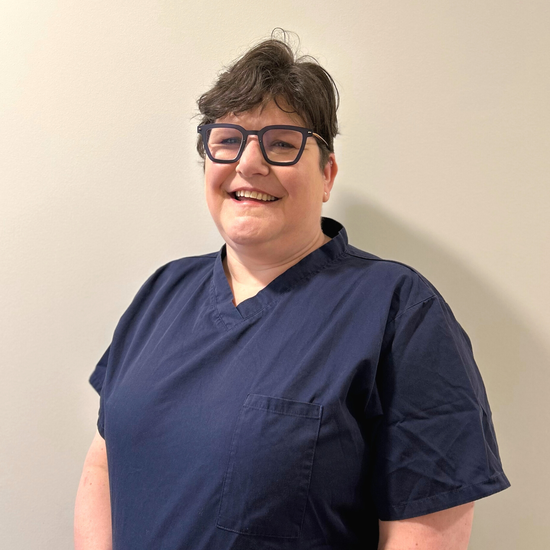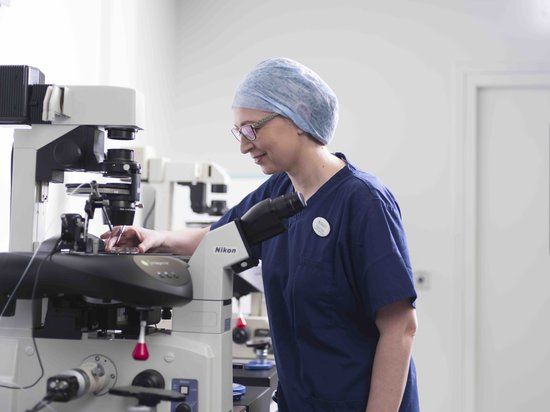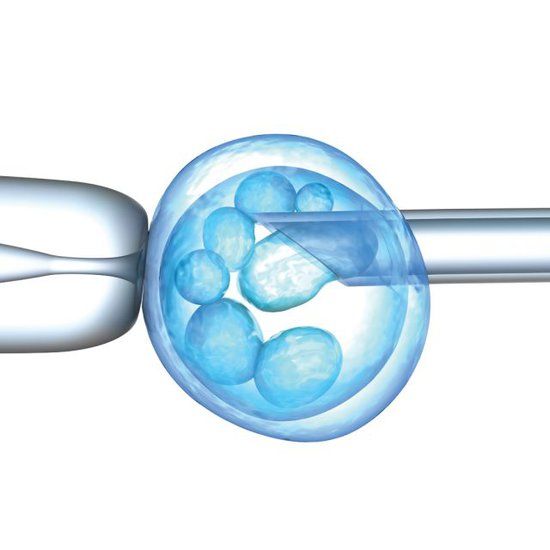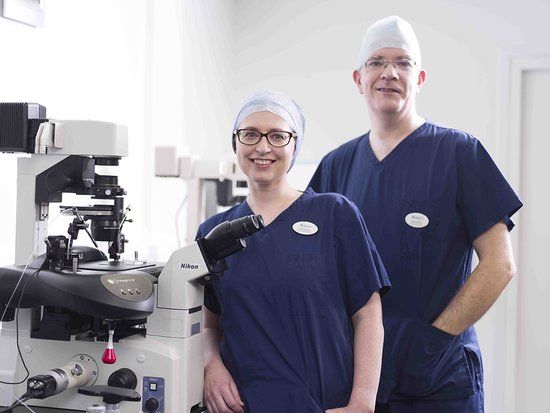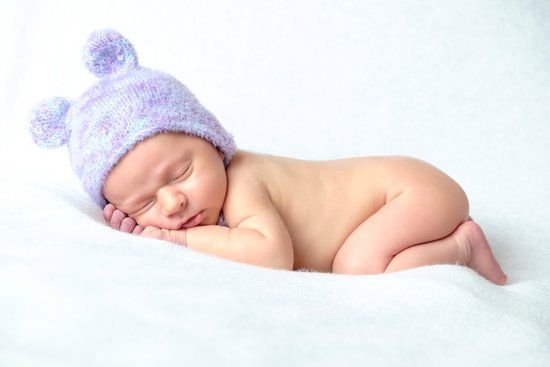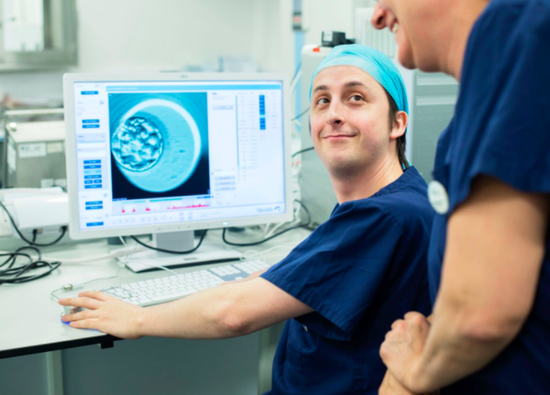
One of the biggest reasons for failed IVF is implantation failure, when the embryo that’s transferred doesn’t successfully attach to the uterus for pregnancy.
This is often caused by a genetic problem with the embryo. The good news is that through the latest genetic screening, at Manchester Fertility we can actively help to improve your chance of pregnancy after failed IVF and miscarriage by finding genetically-healthy embryos that do have pregnancy potential.
Preimplantation Genetic Screening for failed IVF and miscarriage: Identifying chromosome issues in the embryo
If you’ve had a failed IVF cycle or a miscarriage, there’s a good chance you’ll go onto successfully conceive and have a healthy pregnancy in future.
But some women experience repeated failed IVF cycles and recurrent miscarriage when they try to get pregnant.
This can indicate possible chromosome issues with embryos that are being produced, caused by eggs or sperm which aren’t capable of making a healthy baby. Although fertility science can’t make eggs or sperm better, we can detect if any produced embryos are chromosomally normal through Preimplantation Genetic Screening, or PGS.
How Preimplantation Genetic Screening with IVF can help you achieve pregnancy
The first step to see if a chromosome issue is the cause of your failed IVF or miscarriage is a fresh IVF cycle. If you have suitable embryos from a previous failed IVF cycle that have been cryopreserved, it may be possible for these to be tested.
Only Day 5 Blastocyst embryos can be selected for PGS. Specific cells are carefully and safely extracted from the embryo by one of our specialist Embryo Biopsy Practitioners.
These cells are then sent to a genetics laboratory, where the most advanced embryo screening technology available is used to see if the embryo has the right number of chromosomes.
Only embryos which have a normal result will be selected for subsequent transfer to your uterus, increasing your likelihood of a healthy pregnancy and baby.
What if no chromosomally normal embryos are produced?
If PGS shows that there are no normal embryos, you may be advised to have further specialist testing and genetics counselling.
If there is a genetic issue that means you can’t use your own embryos, you can still achieve a family with the help of an egg or sperm donor, or both. At Manchester Fertility we have UK donor eggs and donor sperm from our own donor programmes to help you become pregnant.
Deciding when to have PGS
It can be hard to know when the right time is to consider genetic screening after miscarriage or failed IVF. There’s no set number of failed IVF cycles or miscarriages to have before you can consider PGS, as every patient and case is different and at Manchester Fertility treatment is always individualised taking into account your unique circumstances.
Your Manchester Fertility consultant will review your IVF and pregnancy history, together with other factors including your age and lifestyle, and advise if a new cycle of IVF with PGS would be of benefit to you.
Start your IVF journey
If you’d like to know more about how our genetic screening service can help you have a baby, talk to our friendly Patient Advisors on 0161 300 2737 or book in for private, free one-to-one.
Our Patient Advisors can answer your questions and arrange an appointment with one of our fertility specialists, so we can find the best and most appropriate way forward for you.
Last updated: 18th December 2020

